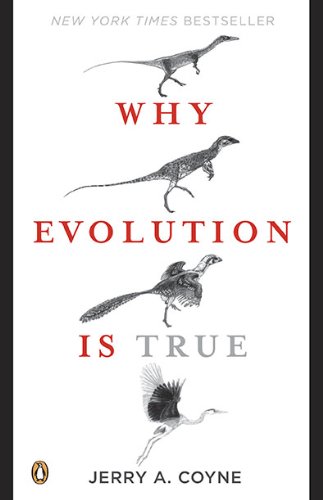Dogs are Evolved from Wolves Through Artificial Selection
Take the domestic dog (Canis lupus familiaris), a single species that comes in all shapes, sizes, colors, and temperaments. Every single one, purebred or mutt, descends from a single ancestral species—most likely the Eurasian gray wolf—that humans began to select about 10,000 years ago. The American Kennel Club recognizes 150 different breeds, and you’ve seen many of them: the tiny, nervous Chihuahua, perhaps bred as a food animal by the Toltec of Mexico; the robust Saint Bernard, thick of fur and able to fetch kegs of brandy to snow-stranded travelers; the greyhound, bred for racing with long legs and a streamlined shape; the elongated, short-legged dachshund, ideal for catching badgers in their holes; retrievers, bred to fetch game from the water; and the fluffy Pomeranian, bred as a comforting lap dog. Breeders have virtually sculpted these dogs to their liking, changing the shade and thickness of their coat, the length and pointiness of their ears, the size and shape of their skeleton, the quirks of their behavior and temperament, and nearly everything else.
Notes:
Breeders are able to sculpt dogs into whatever they desire. Experimental proof of evolution.
Folksonomies: evolution breeding dogs
Taxonomies:
/pets/dogs (0.783529)
/science/biology/breeding (0.481263)
/pets/large animals (0.301426)
Keywords:
Artificial Selection Breeders (0.977270 (positive:0.201937)), dog (Canis lupus familiaris), a single species that (0.962093 (negative:-0.272416)), Eurasian gray wolf—that (0.943052 (neutral:0.000000)), single ancestral species—most (0.941434 (negative:-0.310179)), robust Saint Bernard (0.918060 (positive:0.263853)), American Kennel Club (0.917543 (neutral:0.000000)), comforting lap dog (0.913203 (positive:0.616872)), Experimental proof (0.730146 (neutral:0.000000)), short-legged dachshund (0.719808 (neutral:0.000000)), fluffy Pomeranian (0.712518 (neutral:0.000000)), long legs (0.691798 (positive:0.464365)), single species (0.690899 (neutral:0.000000)), different breeds (0.677839 (neutral:0.000000)), snow-stranded travelers (0.676993 (positive:0.339455)), food animal (0.674893 (negative:-0.238120)), dogs (0.526683 (positive:0.308457)), shape (0.504926 (positive:0.289399)), liking (0.480287 (positive:0.521498)), kegs (0.476296 (positive:0.339455)), quirks (0.471066 (neutral:0.000000)), temperaments (0.470302 (positive:0.333529)), Evolved (0.469515 (positive:0.201937)), Toltec (0.468229 (negative:-0.238120)), Chihuahua (0.466923 (negative:-0.334279)), badgers (0.460973 (positive:0.523456)), Wolves (0.460918 (positive:0.201937)), brandy (0.459589 (positive:0.339455)), skeleton (0.458802 (neutral:0.000000)), ears (0.457282 (neutral:0.000000)), retrievers (0.456009 (neutral:0.000000))
Entities:
Toltec of Mexico:Facility (0.829093 (negative:-0.238120)), American Kennel Club:Organization (0.791548 (neutral:0.000000)), Saint Bernard:Person (0.748642 (positive:0.263853)), 10,000 years:Quantity (0.748642 (neutral:0.000000))
Concepts:
Dog (0.982623): dbpedia | freebase | opencyc
Dog breed (0.855062): dbpedia | freebase
Gray Wolf (0.670355): dbpedia | opencyc | yago
Canidae (0.591844): dbpedia | freebase | yago
Selective breeding (0.590389): dbpedia | freebase
Canis (0.583953): dbpedia | freebase | yago
Kennel club (0.582459): dbpedia | freebase
Coyote (0.545020): dbpedia | freebase





